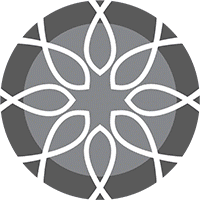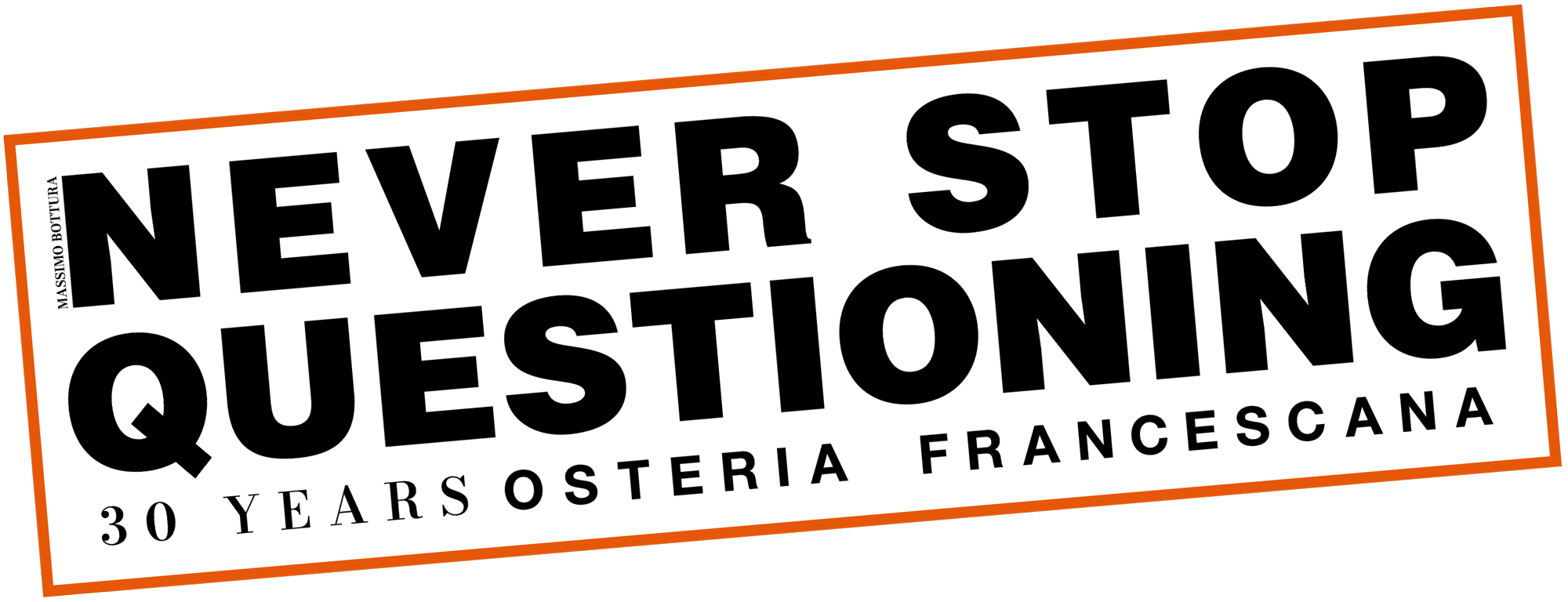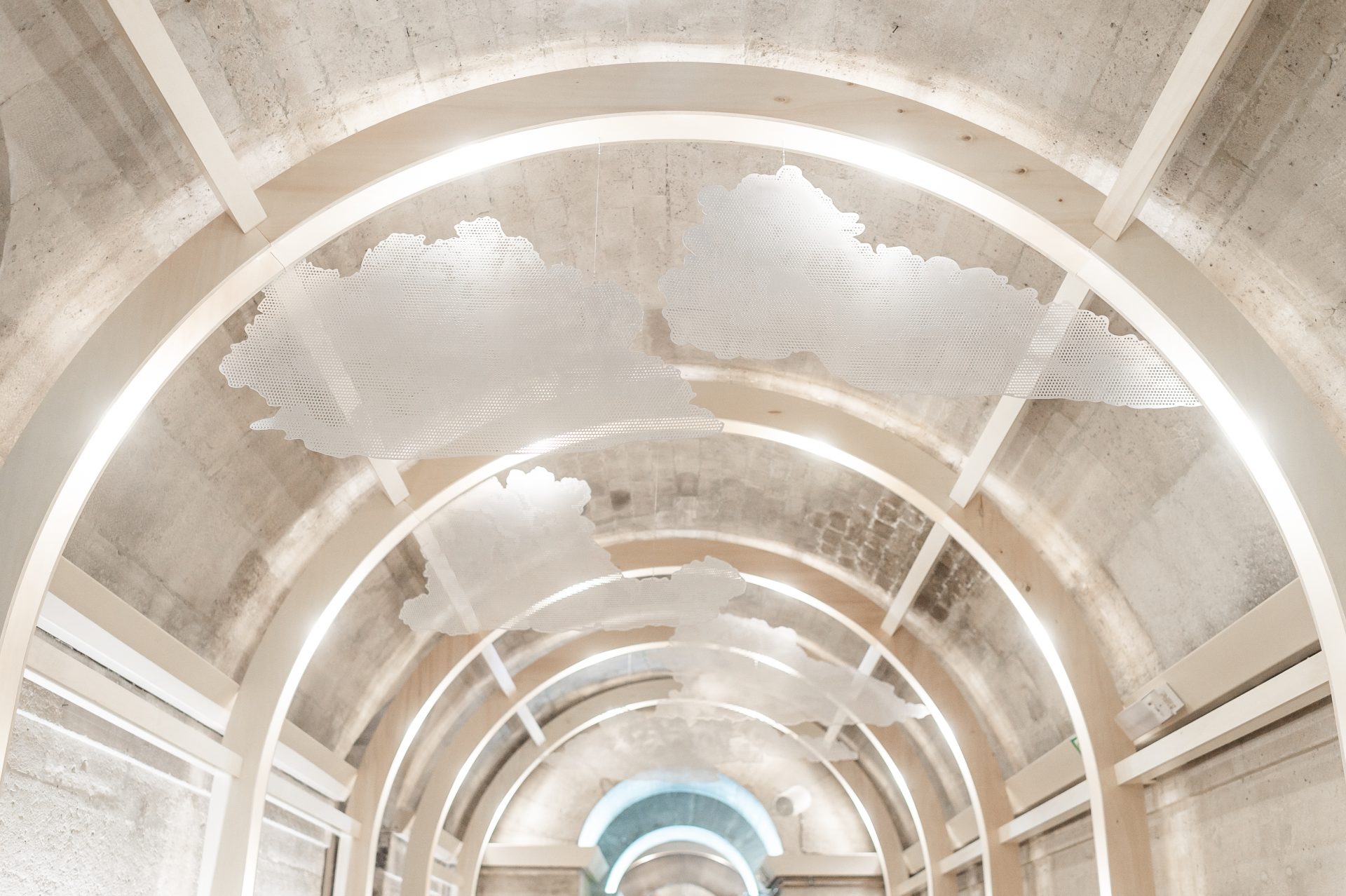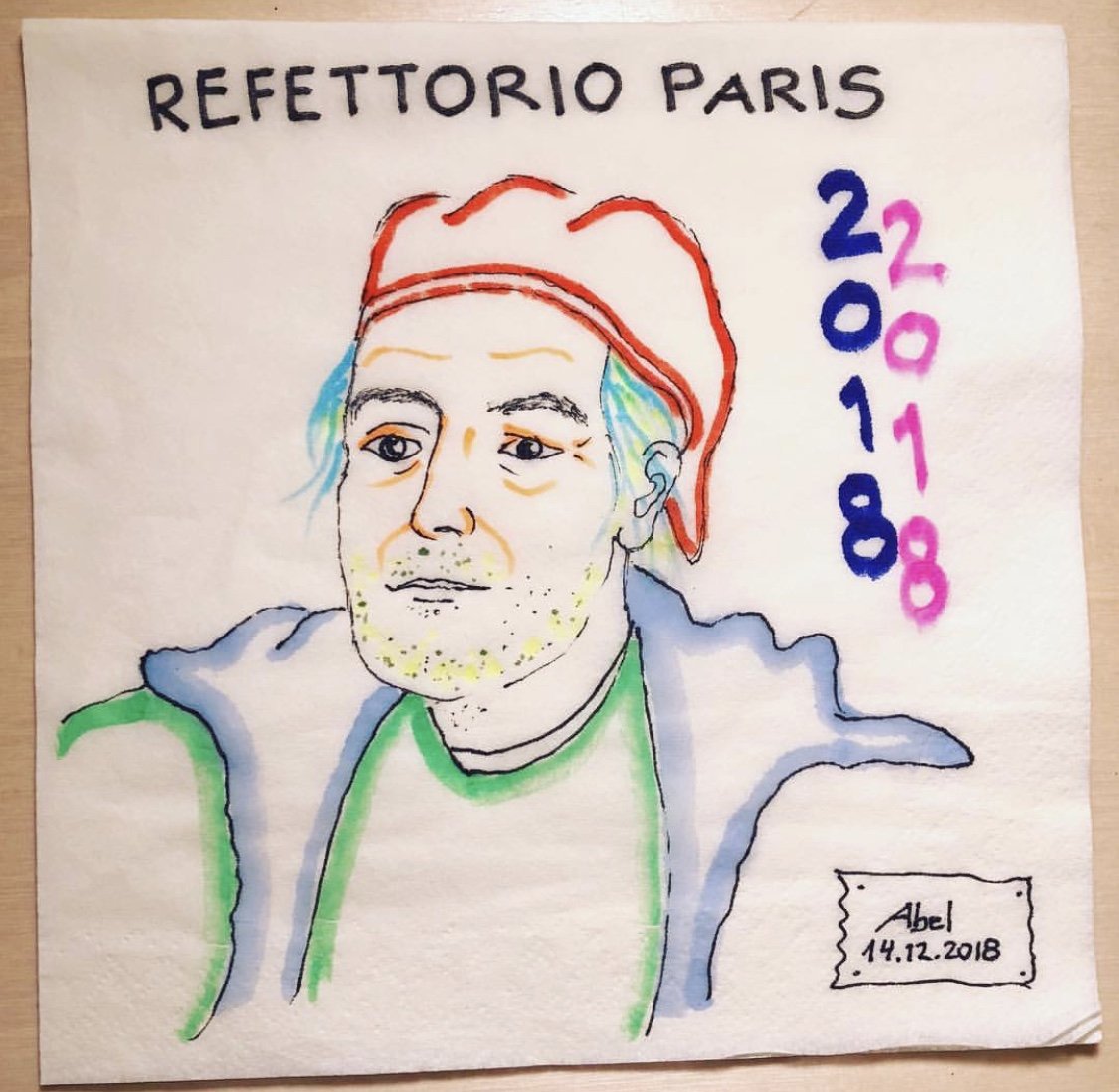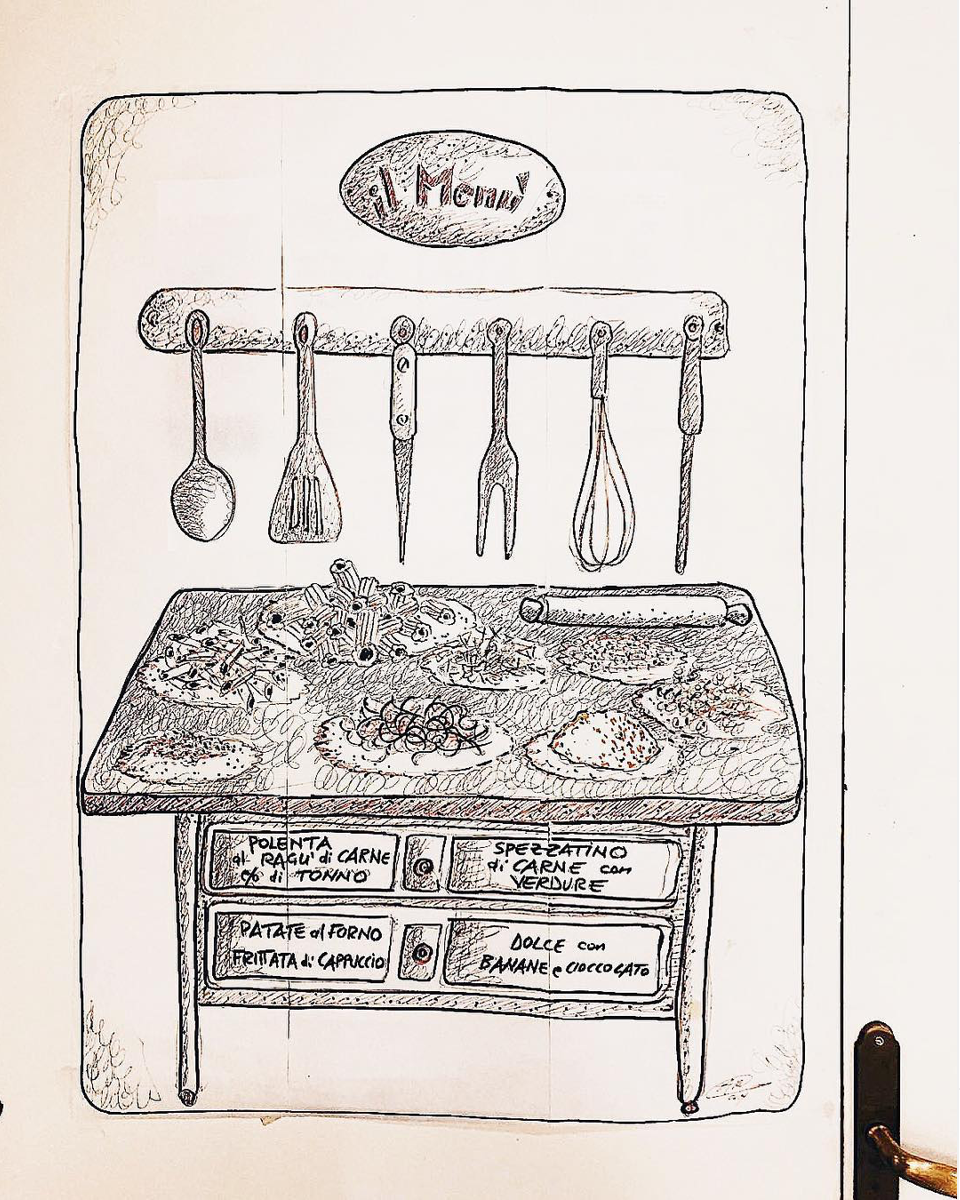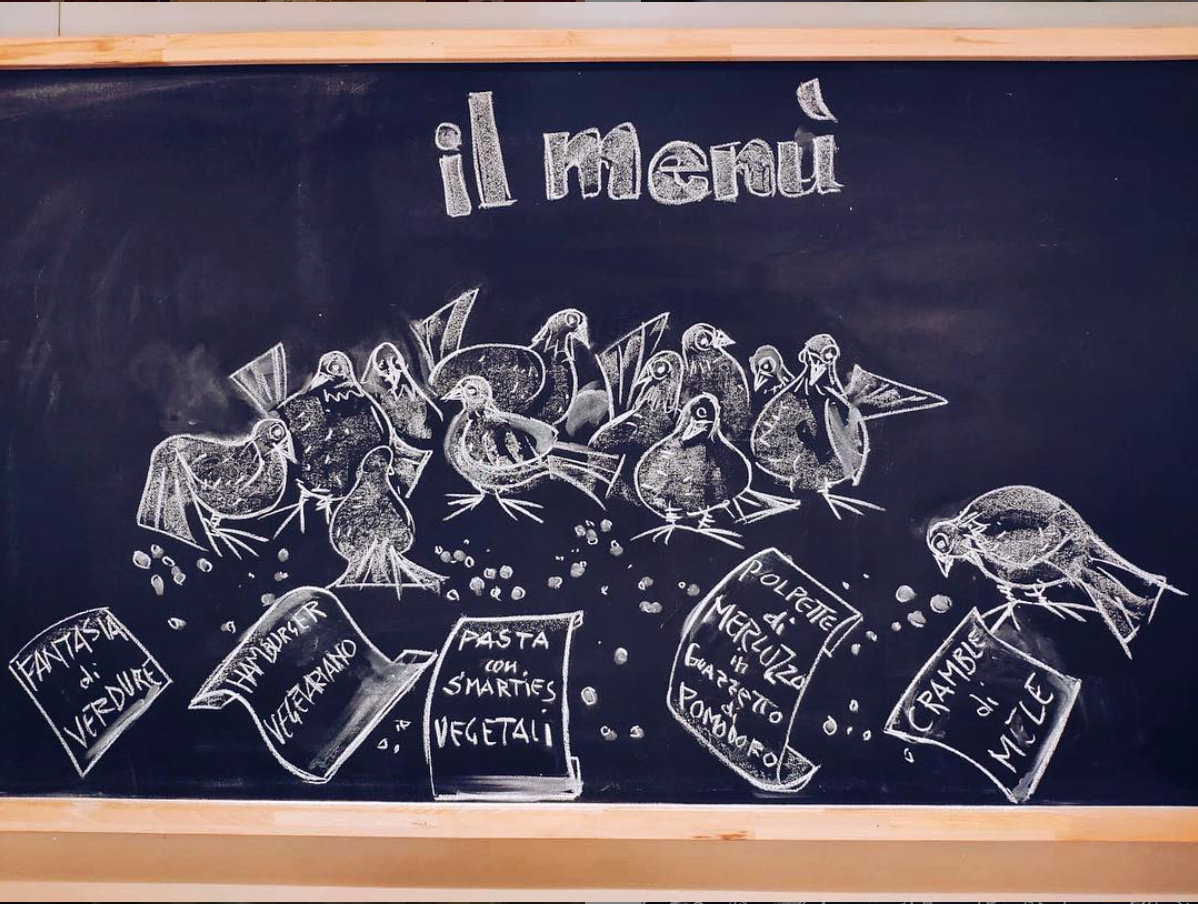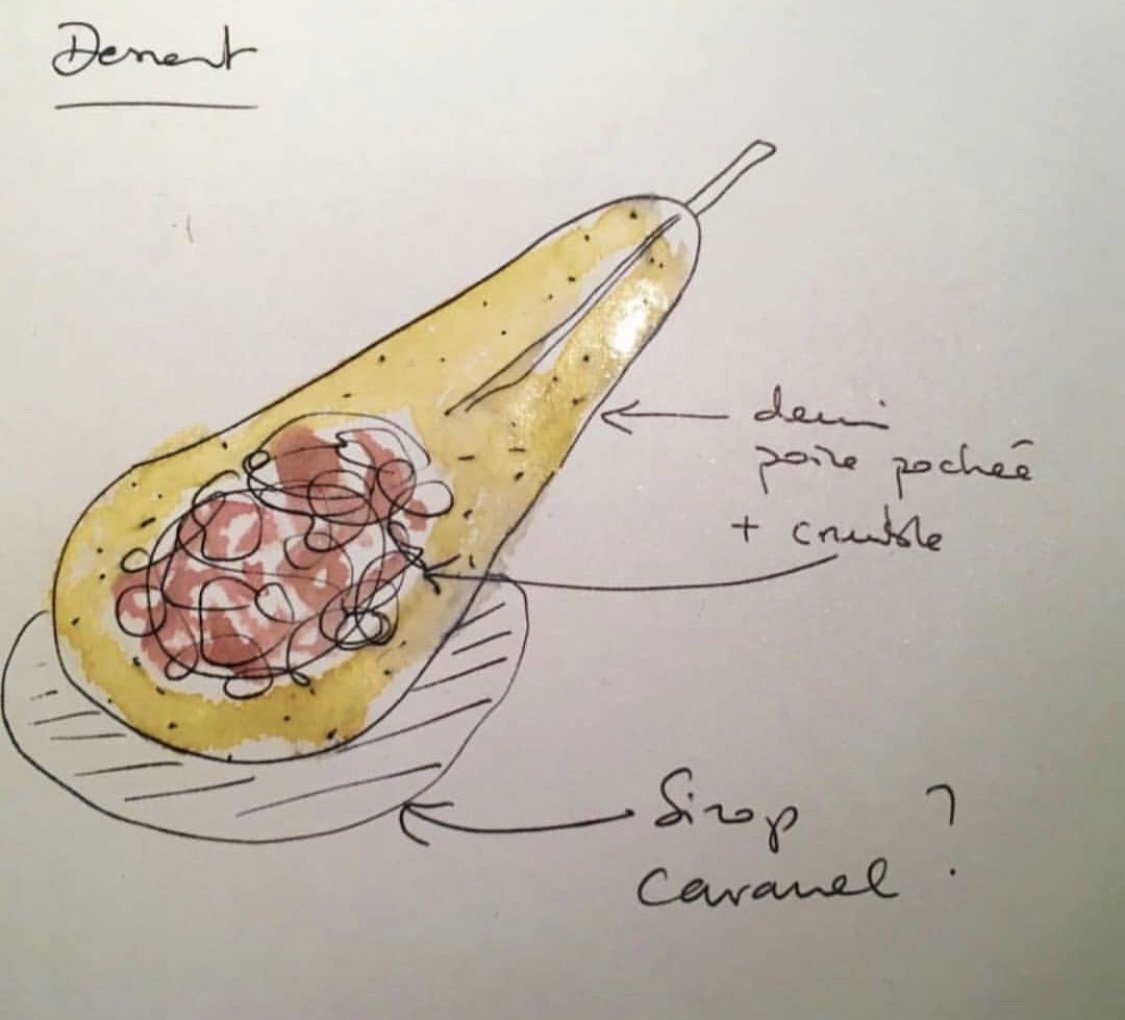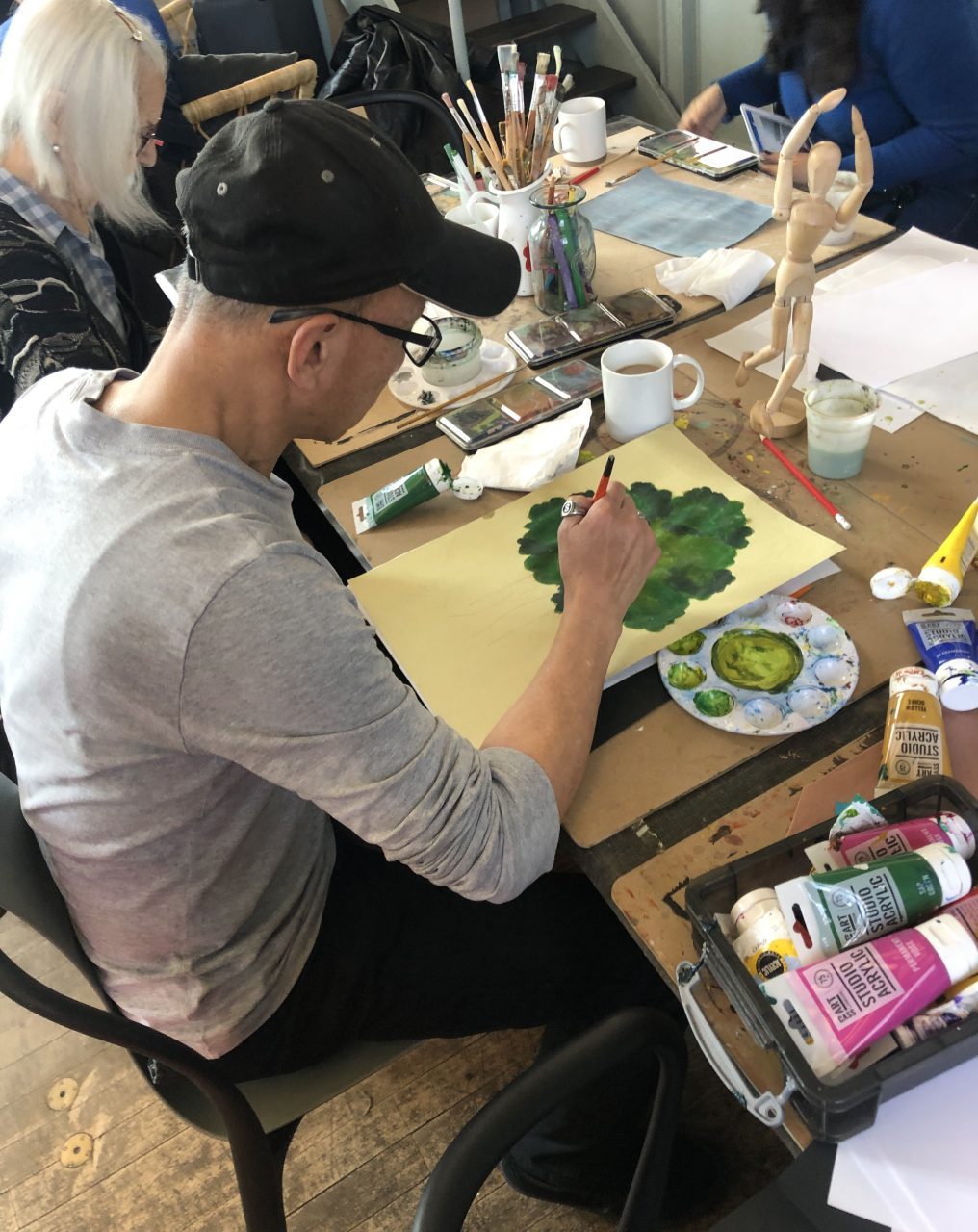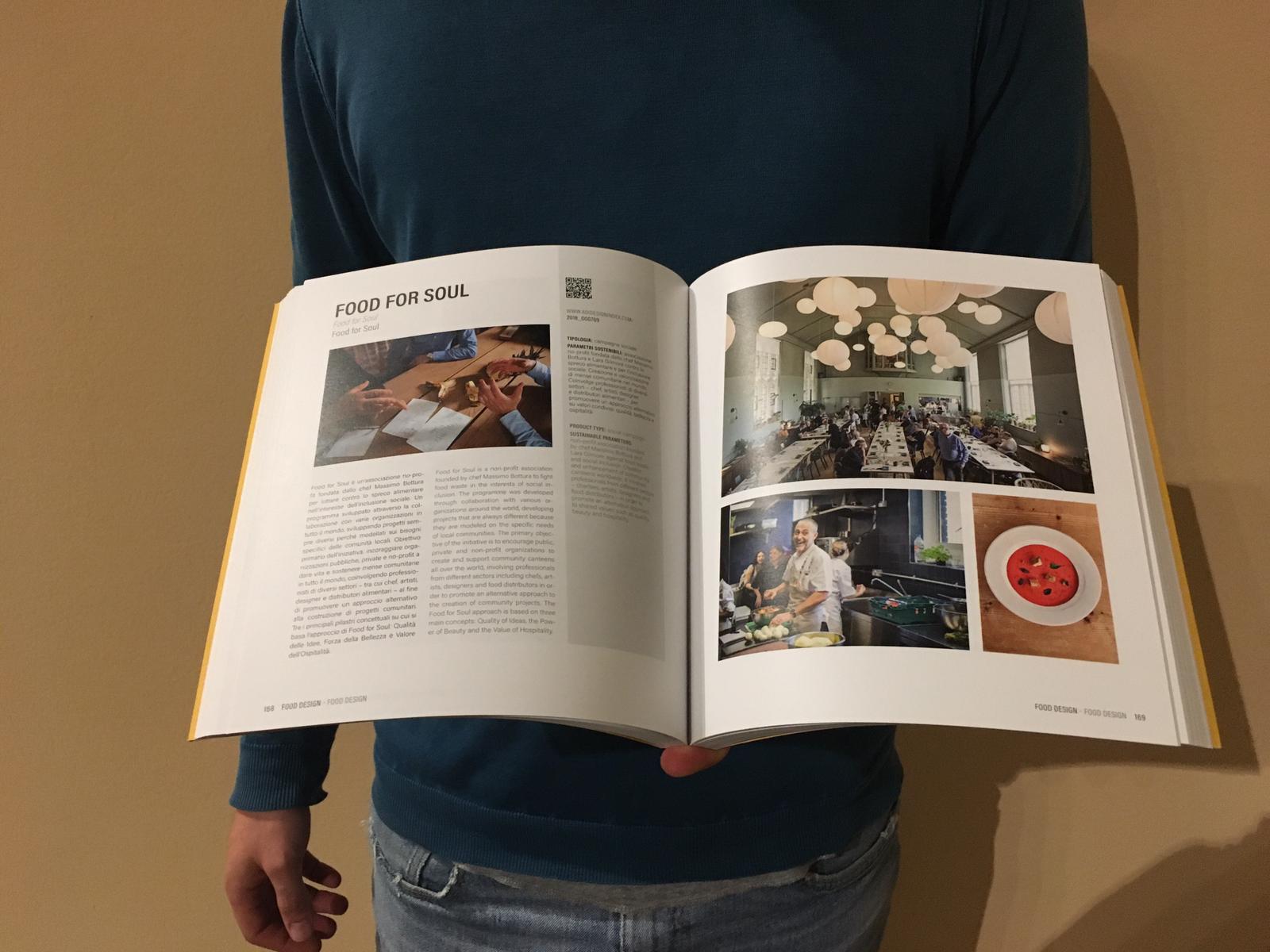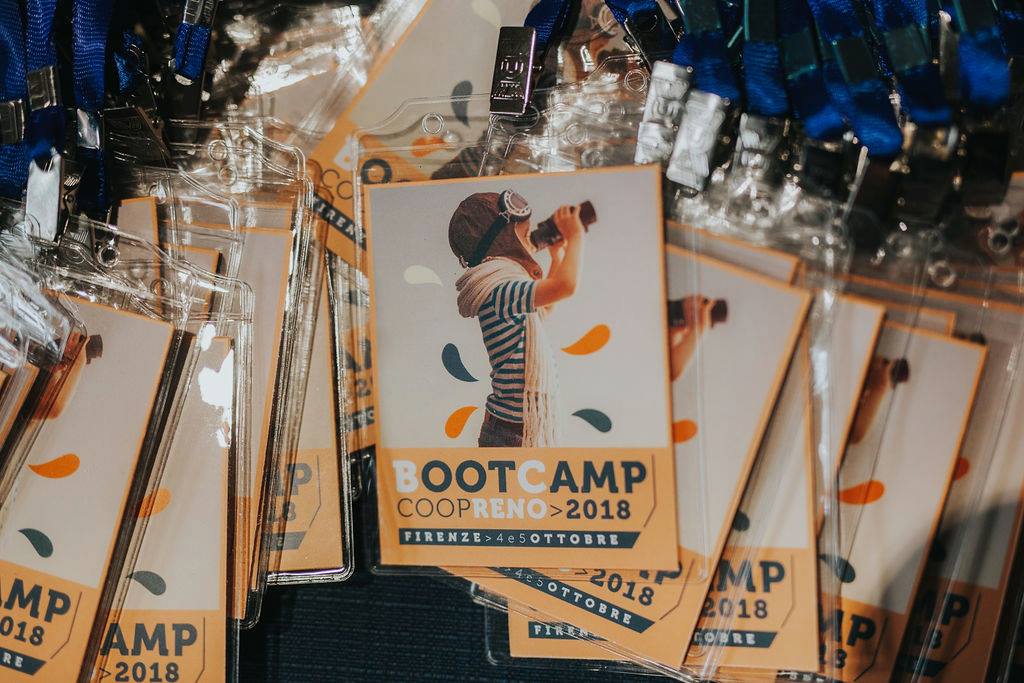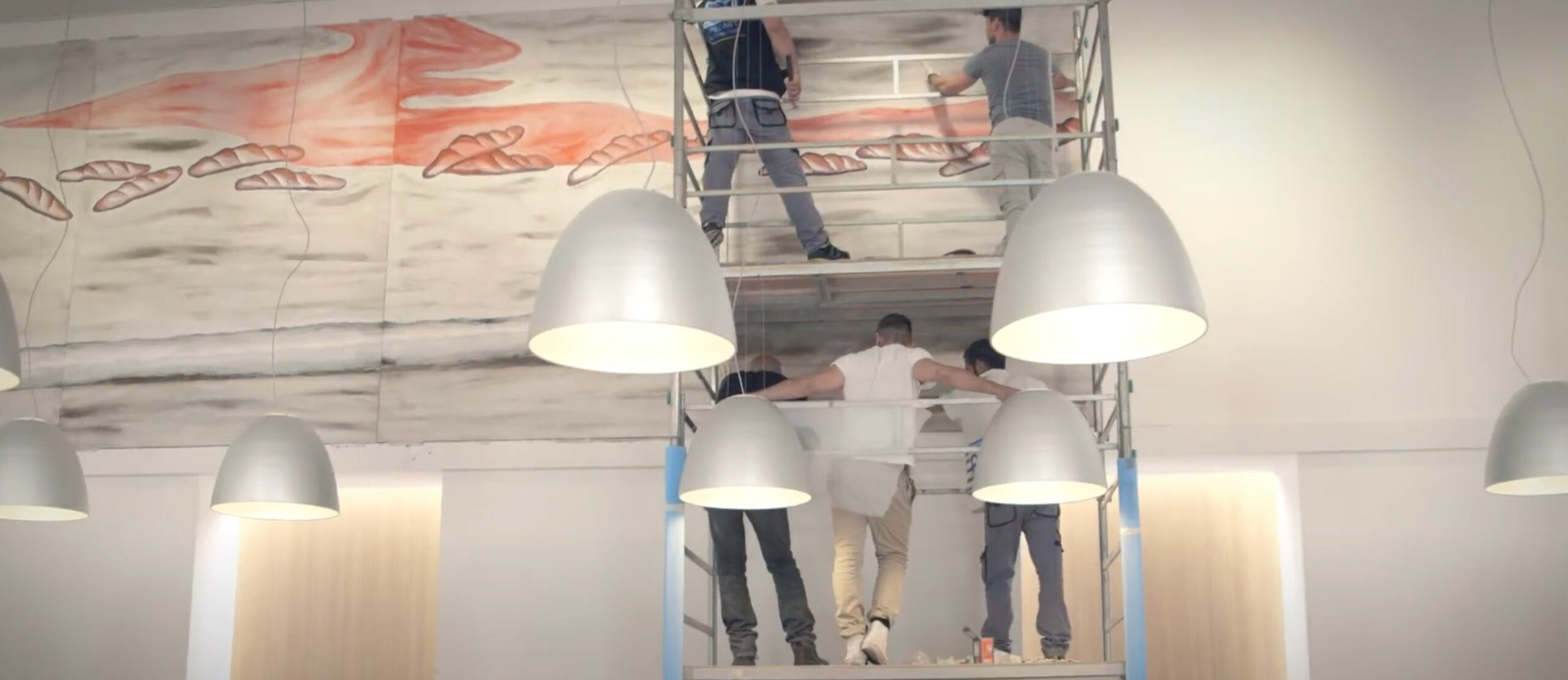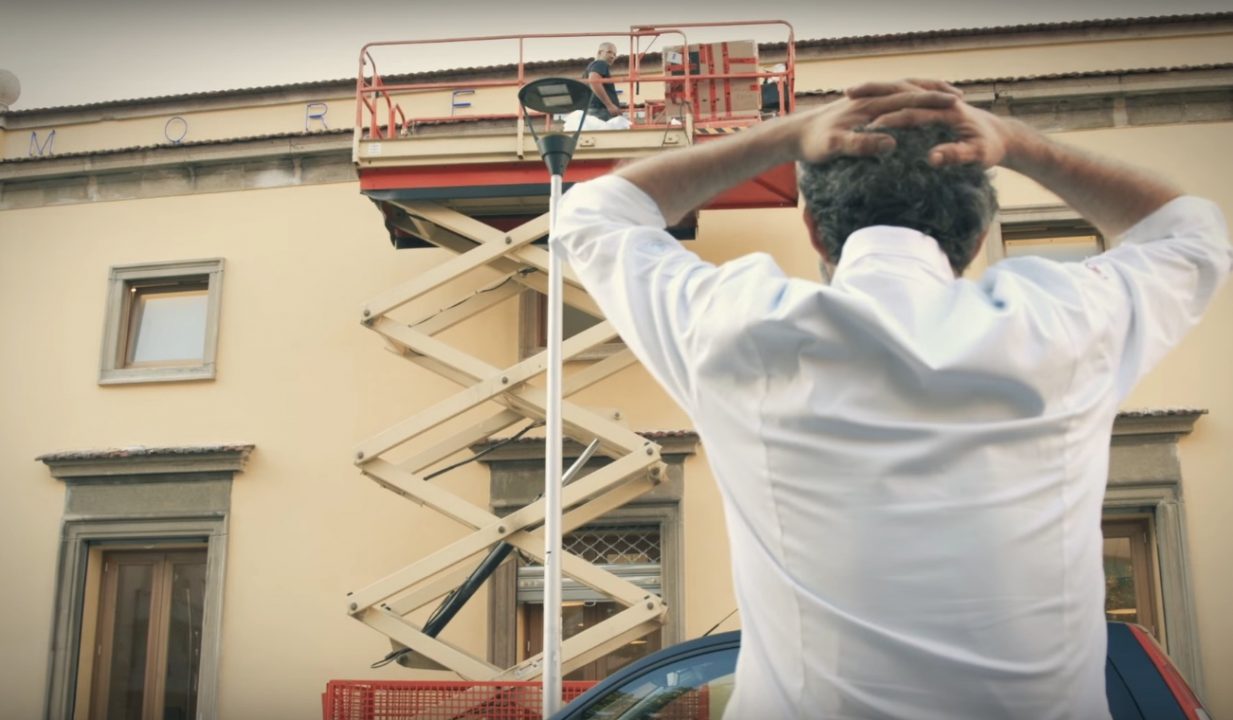Credits: Shehan Hanwellage
This World Art Day, we would like to celebrate the Power of Beauty and demonstrate how art, from any perspective, can inspire and enact change, creating energy and hope.
Pablo Picasso once wrote the sentence that perfectly explains what art means for us at Food for Soul. For today, World Art Day, we begin with that sentence: “Art washes away from the soul the dust of everyday life”.
To illustrate our point, we will let a couple of examples from our life in Refettorio, speak for us:
Guan is a regular guest at Refettorio Felix. He arrived – like many others – driven by necessity, by a primary need. Then he approached art as a student in one of the artistic workshops organized at St. Cuthbert’s. When we asked what art means to him he replied: “It makes me feel more focused, more myself and it gives me satisfaction. Art is very therapeutic and relaxing, especially in such a nice environment”. He was so passionate about it that he received the nomination for the Café Art 2019 Competition Exhibition, an organization whose purpose is to reintegrate homeless people into communities. Art, therefore, as a social redemption.
Guan is not the only one who has experienced the therapeutic power of beauty.
A guest of Refettorio Paris, known as Abelidrogo, let paper napkins become his canvas. He started almost by accident, and never stopped. When sitting at one of the large tables of the Refettorio, inspiration always comes: sometimes it is a sketch, sometimes a portrait. Among his “clients,” so to speak, even Pharrell Williams had his portrait done. His work is now so popular that he has a waiting list. Above all, he found a purpose to look up, to ‘wash the dust of everyday life’, as Picasso said.
#PowerOfBeauty is one of Food for Soul’s core principles. That’s because – and we never get tired of saying it – taking care of someone else doesn’t mean just filling their empty belly but also feeding their hungry soul. Art, in every form, is a bridge, a promoter of human connections, and an element that creates dialogue, not only to create new opportunities, but also to shine light on the invisible potential, bringing to light abilities that are sometimes hidden.
Numerous artists have supported us along this path, offering their talents: from Mimmo Paladino (Refettorio Ambrosiano and Social Tables Made in Cloister) to Jr and Prune Nourry (Refettorio Paris). Each of our Refettorios, brought together in partnership, is designed to offer guests a welcoming, stimulating, creative and healing environment.
It is a process sometimes that starts with great artists but involves everyone, including volunteers. Among those of Social Tables Antoniano, for example, hides a real artist, who every Monday evening hand-draws the menu on the wall of the dining hall for all to see, contributing to elevating Antoniano’s rooms as pleasant environments, full of positive energy.
Let’s not forget our chefs, who contribute to strengthening and exemplifying creativity each night in their work. Not just the dishes, cooked with food surplus, but also sketches made in the kitchens of Refettorios, where sometimes in order to create a dish their particular creative process involved another medium.
From the pen to the knife, then, in a creative process that demonstrates that art, from any perspective, inspires and enacts change, creating energy and hope, and effectively ‘washing away from the soul the dust of everyday life’.
